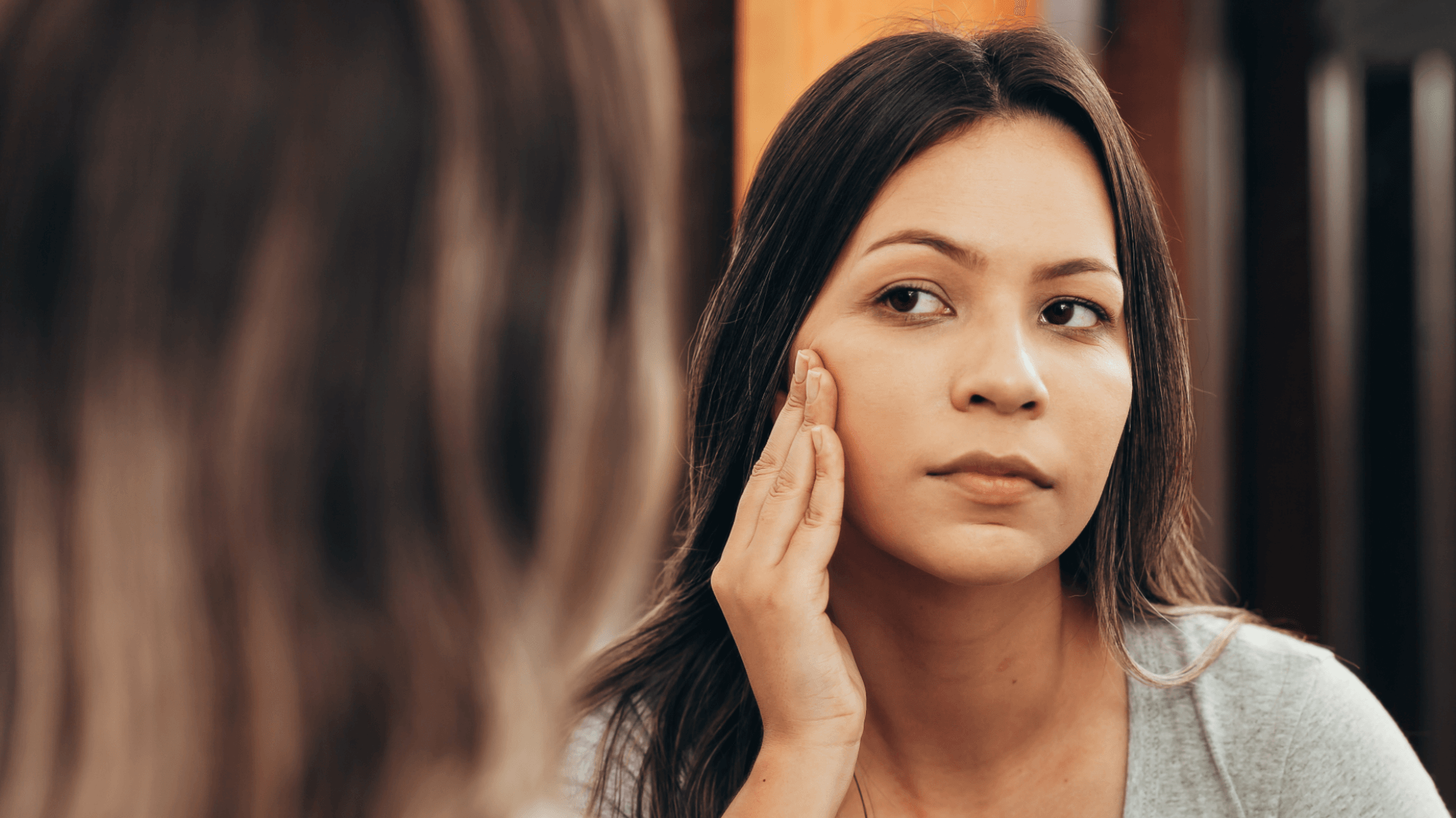Symptoms of Dry Eyes and How to Prevent It
&srotate=0)
If you’ve ever had dry eyes, you know the pain and frustration that comes with this common condition. Most people experience dry eyes from time to time, especially older adults. But when symptoms of dry eyes continue for days on end or keep coming back, it might be due to dry eye syndrome.
Dry eyes can occur when you don’t produce enough tears or your tears are of poor quality. At Rothchild Eye Institute, we help patients throughout the Delray Beach, Boynton Beach, and Palm Beach, FL communities find relief from dry eyes and dry eye syndrome.
What are the symptoms of dry eyes?
Your tears are a critical part of your overall eye health. They provide lubrication as well as protection from eye infections and foreign particles. They also keep the surfaces of your eyes both smooth and clear.
When you have dry eyes, you don’t produce enough tears, or they’re poor quality. This can lead to symptoms, such as:
-
Stinging, scratching, irritation, or burning
-
Redness
-
Feeling like something is in your eyes
-
Sensitivity to light
-
Watery eyes
-
Stringy mucus near the eyes
-
Blurred vision
What causes dry eyes?
If you’ve ever experienced dry eyes, you’re not alone. Not only is it common, but there are also plenty of reasons you might develop dry eyes, including:
-
Age: Most people over the age of 65 develop symptoms of dry eyes.
-
Gender: Women are more likely to experience dry eyes due to hormonal changes, such as those that occur during pregnancy or menopause.
-
Medications: Some medications, such as antihistamines, blood pressure medications, and antidepressants, can lead to dry eyes.
-
Environmental conditions: Smoke, wind, and dry climates can all cause dry eyes due to increased tear evaporation. Staring at a computer screen for too long can also lead to symptoms of dry eyes.
-
Medical conditions: Certain medical conditions, such as diabetes and rheumatoid arthritis, can make you more prone to developing dry eyes. Meibomian gland dysfunction (MGD), which is when glands in your eyes become obstructed, can also impact tear production and lead to dry eyes.
Treating – and preventing – dry eyes
At Rothchild Eye Institute, our team of ophthalmologists will perform a comprehensive eye exam to diagnose dry eyes in patients in the Delray Beach, Boynton Beach, and Palm Beach, FL communities. After determining the underlying problem causing your dry eyes, an experienced ophthalmologist will find the treatment to meet your unique needs. This will help prevent the symptoms of dry eyes in the future.
Treatment for dry eyes include:
-
Prescription or nonprescription eye drops to supplement natural tears
-
Punctal plugs, which are placed in your tear ducts to prevent the loss of tears
-
Eye surgery to remove glandular obstructions or address other eye-related concerns
-
LipiFlow®, which unblocks meibomian glands and increases the production of lubrication oil for patients with MGD
You can also help prevent symptoms of dry eyes by:
-
Blinking regularly, especially when reading or using the computer for long periods of time
-
Increasing the humidity levels in your home or at work
-
Wearing sunglasses outdoors to protect your eyes from the sun and wind
-
Drinking plenty of water (8 to 10 glasses each day)
-
Avoiding environments that can cause dry eyes, such as deserts, airplanes, and places at high altitudes
Book an appointment to relieve your dry eye symptoms today
No one should have to live with the discomfort of dry eyes. If you have symptoms of dry eyes lasting more than a few days, make an appointment with an ophthalmologist at Rothchild Eye Institute in Delray Beach, FL, who can treat and help manage your dry eye symptoms and provide you with much-needed relief.